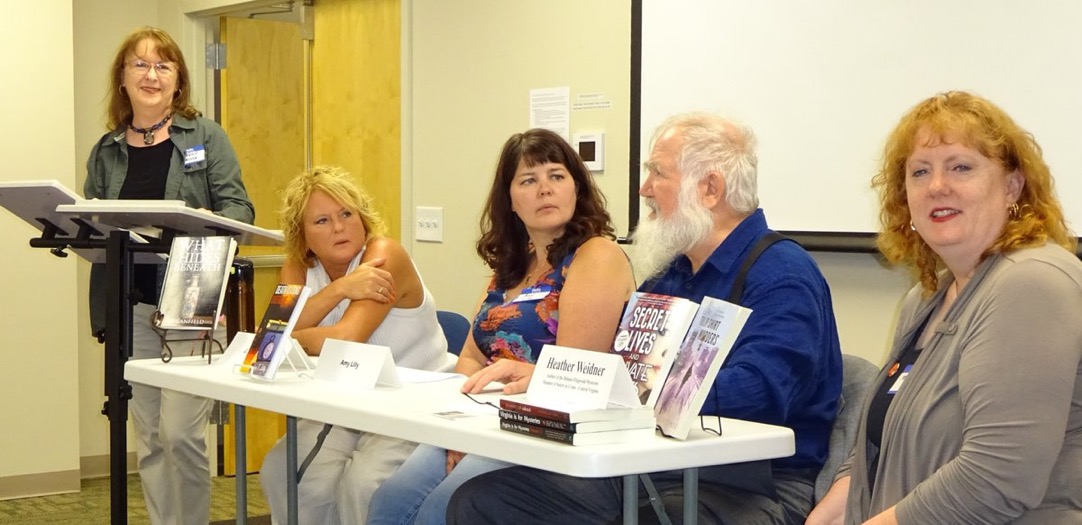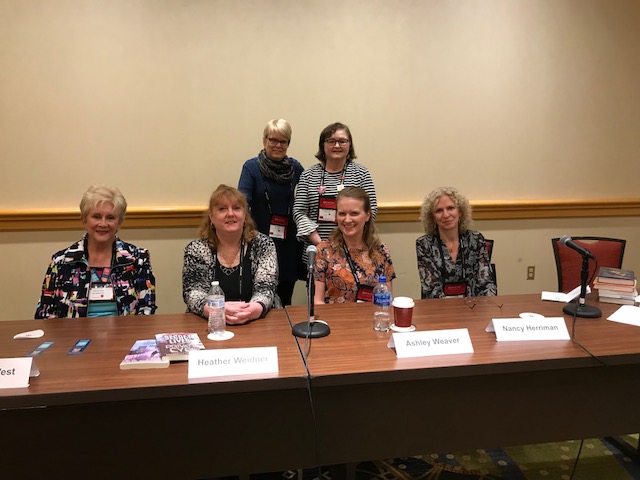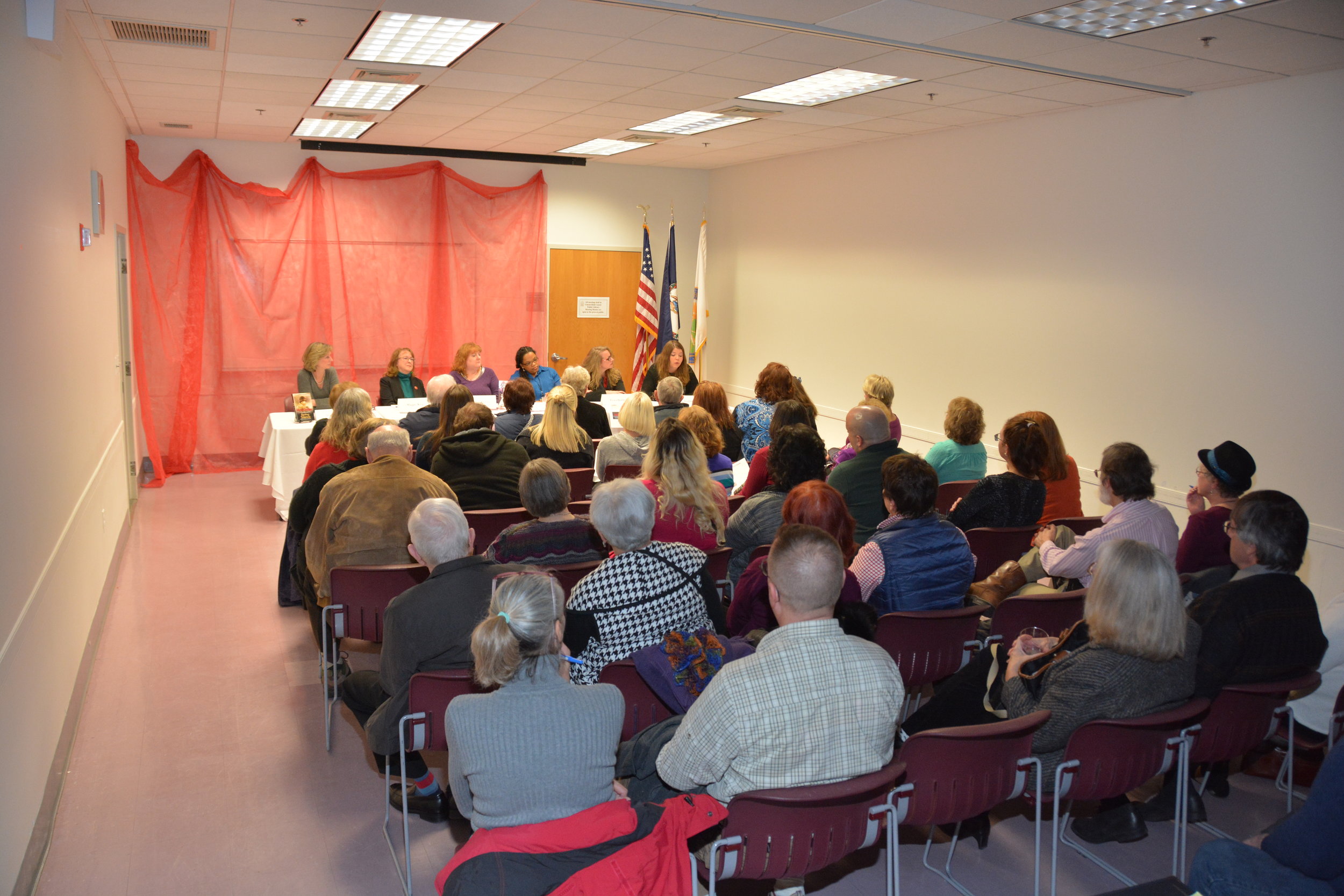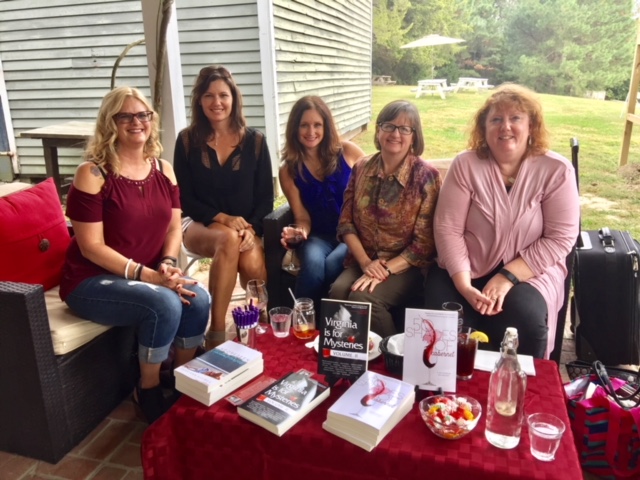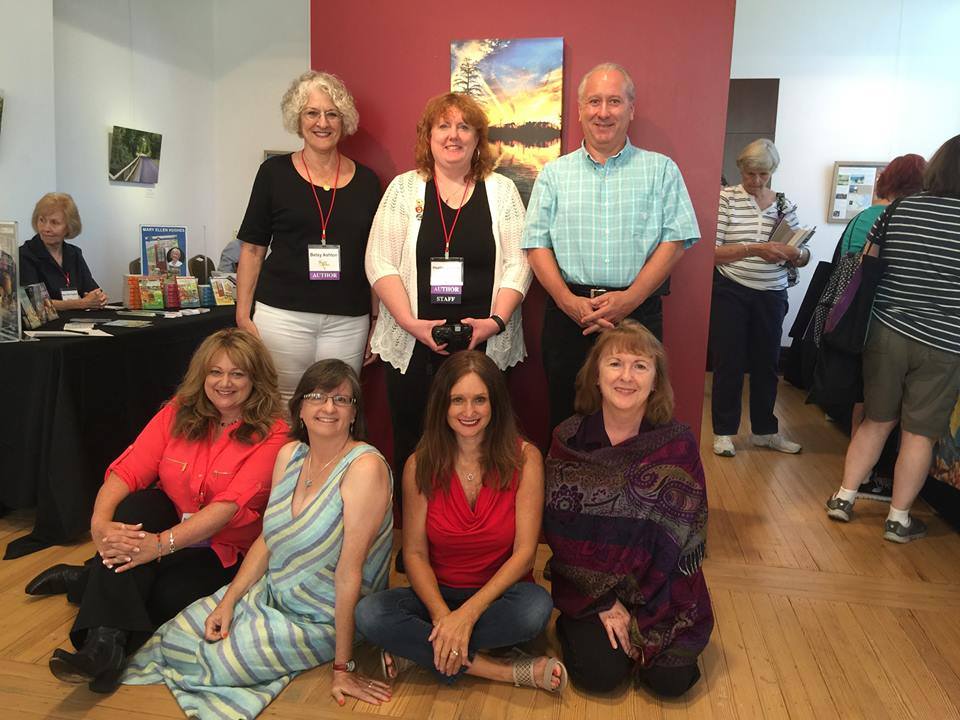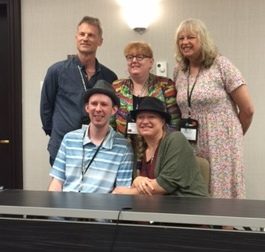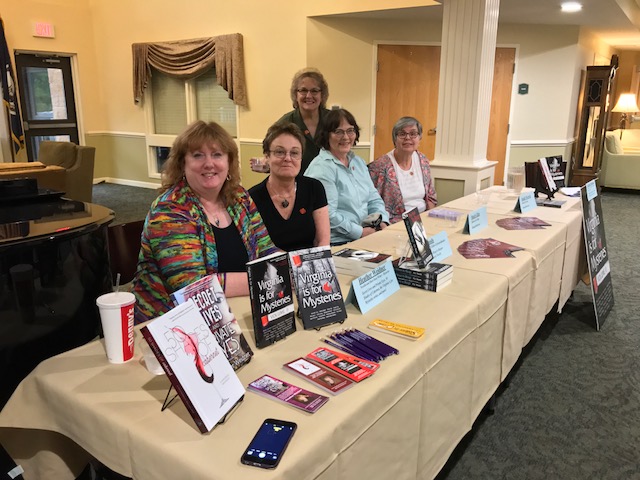Why Writers Need a Facebook Author Page
/I’ve heard from several writer friends that they don’t want to maintain another social media site. That’s valid. To do a good job, it takes time, but I’d argue that as a writer, you need this platform to promote your work. And here are my reasons for having a site (separate from your personal page).
There is a 5,000 connection limit on Facebook accounts. You could reach a ceiling and be limited.
Based on your number of followers on an author page, you have access to analytics that you don’t get on a personal page. I can see all kinds of demographic information such as visitor numbers, time visited, gender, age, country of origin, etc. These help you get a better picture of your followers. And you can target ads to your biggest audience at the day/time when they are most likely to visit.
Facebook lets you schedule posts on author pages.
You can boost posts or run ads on a Facebook author page.
These pages allow you to see the number of people who viewed or interacted with your posts. This gives you information about what is most popular and what your fans are interested in.
Make sure that you check Facebook’s terms of service regularly. There are limitations on selling items on your personal page. (Facebook’s terms change frequently. I check them before I do each promotion.)
My friends and family post on my personal page or tag me in photos. I have security settings on this site for what I share with the public. If you have these settings in place, you have to remember to loosen them if you are doing some kind of book or event promotion, or people are not able to share your post.
On an author page, you can add “buy my book” links. There are also plug-ins and apps that you can add to the page.
What would you add to the list?









